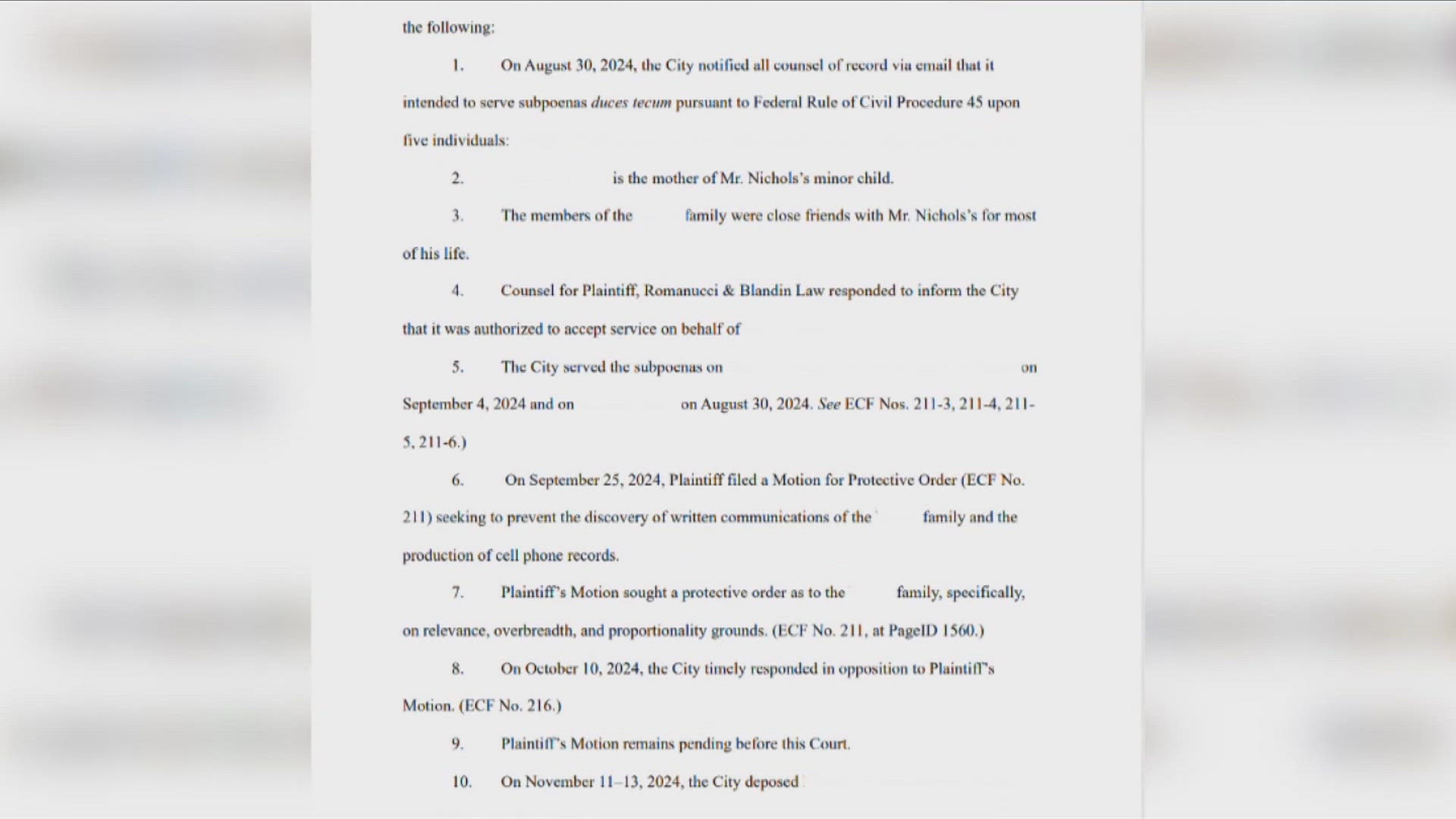NASHVILLE, Tenn. — As unions see new hope from organizing U.S. businesses ranging from Starbucks storefronts to an Amazon warehouse, Republican-led Tennessee will officially take its voters' temperature on an organized labor issue in November.
Lawmakers there have offered up a ballot amendment that asks voters whether to change the state constitution to add Tennessee's existing law that bans a company and a union from contracts that require workers to pay dues to the union representing them. Proponents, including business interests and Republican politicians, call the prohibitions "right-to-work" law. Unions oppose the change and the right-to-work label.
Tennessee has had such a law on the books since 1947, and the ballot amendment's outcome wouldn't change how the existing law works. It would simply become harder to eliminate it going forward.
The amendment's wording won't be as straightforward as some other ballot initiatives, including an anti-abortion proposal that failed in Kansas earlier this year. That gives proponents and opponents more power over characterizing Tennessee's proposed change.
The long road to insert it into the Tennessee Constitution began in 2020, largely predating the recent national groundswell of interest in unions. Backers of the amendment have cited concerns about attempts by congressional Democrats to pass a labor bill that would bar such laws nationwide. It has passed the House but not the Senate. They also have raised concerns that Democratic-run states could try to unwind so-called right-to-work laws.
The amendment will offer a rare snapshot this November of voter sentiment on a flashpoint in the debate between union and business interests, even if the election's outcome won't change much. Democratic-led Illinois has proposed a labor-favored amendment, asking voters to etch collective bargaining rights into the state constitution.
Business groups have described Tennessee's current requirements as a crucial economic development tool to entice business to move or expand, and the state's Republican political leadership supports the amendment. Unions believe these laws are aimed at crippling their efforts to organize and fight for better compensation and conditions by siphoning off funding from workers. Under federal law, unions must represent all eligible workers in a union-represented workplace unit even if they aren't dues-paying members.
"I think if it were not successful, or even if it was a close vote, it would be actually pretty stunning," said John Logan, director of labor and employment studies at San Francisco State University. "It would suggest that, yeah, there is this sort of national, more pro-union, pro-labor sentiment than is reflected in terms of political establishment in a lot of states in the South."
Currently, 27 states have laws like Tennessee's; nine have them in their constitutions.
But recent results have been mixed when voters weigh in. Virginia voters rejected a similar constitutional change in 2016, while Missouri voters effectively vetoed a right-to-work law in 2018. Alabama voters approved its constitutional change in 2016.
Interest in organized labor has been galvanized for several reasons, Logan said: high favorability among younger workers; workers who faced difficult conditions during the COVID-19 pandemic; and workforce shortfalls that have empowered workers.
Even so, Tennessee poses a formidable challenge.
Some Tennessee GOP politicians, including Lee, have even previously waded in against individual union campaigns at employers, including the failed 2019 vote at the Volkswagen plant in Chattanooga.
"What we're doing right now in Tennessee is working. Right-to-work is common sense. And with federal efforts to repeal it nationwide, it's time for Tennesseans to speak up," Lee said in a TV ad.
Predictably, unions see things differently.
"Corporate CEOs see workers at places like Amazon and Starbucks rising up around the country and so they want to put these anti-worker laws in the constitution to make them almost impossible to change in the future," Wes Trotterchaud, a Teamster from East Tennessee, said in a news release from the No on 1 Committee.
They also see reasons for hope in Tennessee.
For one, a massive Ford plant and corresponding electric vehicle battery plant by SK Innovation are heading to West Tennessee. Politicians, Ford officials and union leaders say it'll be up to the workers whether to organize, but Michigan-based Ford has deep roots with organized labor.
Even though some Republicans pushed to bar a simpler route to a successful union vote at the new complex — or at least at companies similarly receiving state incentives — those efforts failed. Ford has avoided taking sides on Tennessee's proposed amendment.
The smaller-scale union pushes seen nationally also have drawn attention in Tennessee. Among them — about a half-dozen Starbucks coffee shops have organized, including in Memphis and Knoxville.
Union membership has lagged behind in Tennessee, at only about half the national average of 10.3% of the workforce in 2021. But while the national percentage decreased from 2020 to 2021, Tennessee's share grew from 4.4% to 5.2%.



